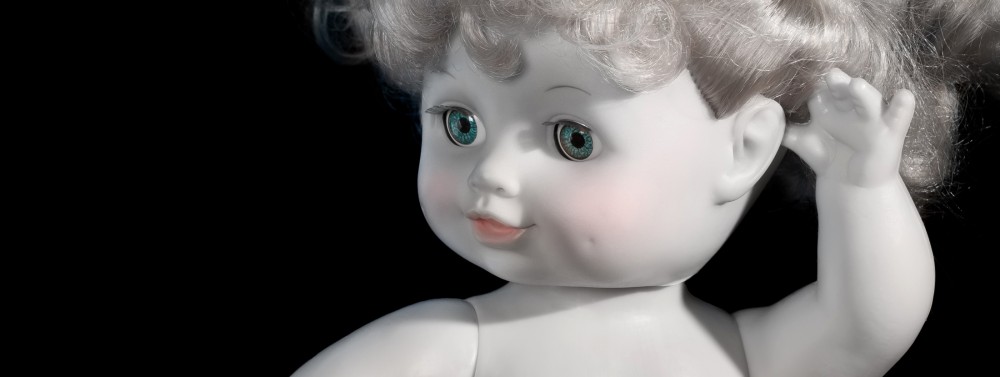I caught a big leopard frog one hot summer day when I was a kid. I can’t recall where it was I chased him down: a river, stream, pond, or puddle. But I caught him. And having accomplished that, and having other multi-minded, boyish things to do, I dropped him into a tin coffee can for later.
It’s funny, I don’t recall how or where I caught him, but do recall the can I put him in. It was Folgers. My parents drank Folgers coffee. They brewed the Hell out of the stuff in a scorched green percolator on the back burner of our old electric range—ground Folgers from a red, one-pound can that came with a free scoop and a clear plastic lid.
The clear lid was the deal maker for me. It meant I could keep an eye on my new friend. I stabbed holes in the lid with my pocketknife so the frog could breathe. And it was still breathing, crouched at the bottom and looking blankly at me, when I set it on the back-porch steps and ran off to mind some other boyish missions, like teasing my sisters, bothering hornet nests, wrecking my dad’s neatly raked piles of locust leaves.
I experienced my first MRI around fifteen years ago. I thought nothing much when first meeting the machine. It was just a small hole in a giant, humming steel doughnut, painted satin white and baby blue and labeled GE. I used to crawl through caves that small when I was an amateur spelunker. Those caves didn’t even have these nice backlit photos of blossoming cherry trees on their ceilings. So, not a big deal, I thought. It was just another small space.
The technicians were kind enough. They placed me on my back and secured my arms, legs and head to a sliding slab, and wrapped my body in a warm blanket while kindly warning me how noisy the procedure might seem for the fifteen minutes I would be in the machine. To mitigate the noise—the loud knocks and clanging—they covered my ears with special headphones. Soothing music was promised, along with occasional reassurances from the technicians. Then everyone left the room and the slab started to slowly float into the humming doughnut hole.
Decades ago, my friend Steve once talked me into floating on my back through a long, dark, narrow, and nearly flooded cave—a Mississippi doughnut hole. With just inches of air between my naked face and the cave’s ceiling, I wavelessly inched myself along for fifty feet, utterly fearful of splashes from the fellow closely preceding me, and of my own splashes into the face of the fellow following me. The payoff was entry into a subterranean hall few humans have ever visited. I did it, I beheld it, and I made the return trip in one emotional piece.
The humming metal doughnut hole wasn’t long and dark, but it was narrow, with just a few inches between my face and a sickly green strip of light embedded along its length. The hole was so narrow that my shoulders squeezed together, and the flimsy headset immediately dislodged. The technicians may have been speaking soothingly, but all I heard was the angry din of battling electromagnets. This was not a Mississippi cave. This was General Electric Hell.
I lasted just a few minutes before the technicians heard me screaming in terror and stopped the procedure. After slowly floating out of the machine, I cried to them about the headphones and my shoulders and the green light and the panic attack. They listened patiently before explaining I could not cancel the procedure. Not only could I not get up and leave, I could not even move a muscle. I had to lie perfectly still until some anxiety meds took effect, and then go back into the machine. I did it. But the twelve minutes after that made me want to die.
I wasn’t gone long from the back porch. I had completed all my missions and wanted to play with the frog. When I picked up the can, though, I could see something had gone terribly wrong. Instead of crouched at the bottom, the frog had straightened its legs to stand on the tips of its webbed toes and had stretched its arms nearly to the plastic lid. While I was away, the hot afternoon sun had swung onto that part of the porch. The frog had died.
It’s a wonder how we survive.
Gavin W Sisk
August 2020

